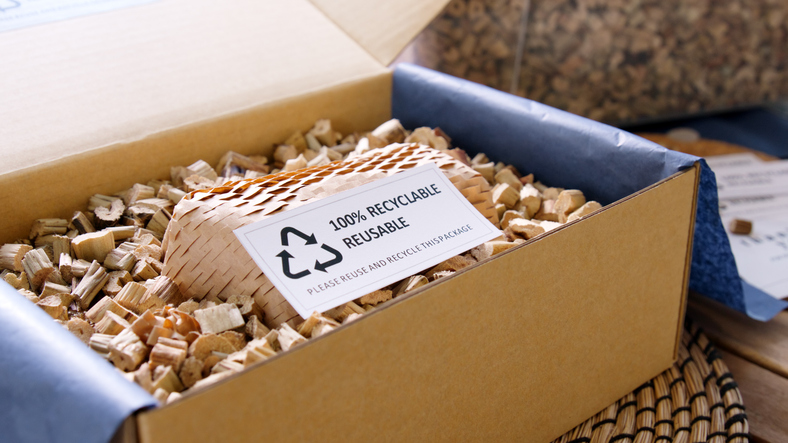As champions and advocates of the pulp and paper industry, we have a unique and deep appreciation for our planet and the resources it gifts to us. Naturally, Earth Day is a big deal.
The pulp and paper industry intimately and innately understands the importance of sustainable practices that protect our environment and its future. We’re pleased—and quite proud—to showcase the significant strides made by the industry to create a greener, more sustainable future for all.
Energy Efficiency and Renewable Energy
Efforts to reduce greenhouse gas emissions, carbon emissions, and our reliance on fossil fuels have been at the forefront of sustainability initiatives in the pulp and paper industry. Manufacturers have significantly improved energy efficiency by investing in advanced technologies and equipment upgrades. Furthermore, the industry has embraced renewable energy sources such as biomass, hydroelectric, and solar power to generate cleaner and greener energy for production facilities.
Water Conservation and Treatment
Water is a vital resource across all industries; the pulp and paper industry is no exception. Its responsible use and treatment are essential for sustainability. Efforts to minimize water consumption through improved processes, closed-loop systems, and water recycling have significantly reduced the industry’s impact on freshwater resources. Additionally, advanced water treatment technologies ensure wastewater is treated to meet or exceed environmental standards before being discharged, reducing the impact on aquatic ecosystems.
Recycling and Circular Economy
The pulp and paper industry has long been a champion of recycling. Recycled fiber is a valuable resource and a key component in the production of various paper and packaging products. By promoting recycling programs, supporting infrastructure development, and enhancing consumer education, the industry helps conserve natural resources, reduce waste, and minimize the environmental footprint.
Innovation and Alternative Fiber Sources
The pursuit of sustainable solutions has led to exciting innovations too! Researchers and engineers are exploring alternative fiber sources, such as agricultural residues, non-wood fibers, and even algae, to reduce dependence on traditional wood-based pulp. In fact, we’re exploring possibilities right on campus at the Process Development Center with nanocellulose! These innovations not only diversify the raw material base but also contribute to land conservation and reduce the pressure on natural forests.
Responsible Forest Management
Sustainable sourcing of raw materials forms the foundation of a responsible pulp and paper industry. Forest certification programs, such as the Forest Stewardship Council (FSC) and the Sustainable Forestry Initiative (SFI), ensure that forests are managed in an environmentally responsible manner. These programs promote biodiversity conservation, protect sensitive habitats, and prioritize reforestation efforts, ensuring a steady supply of wood fiber while preserving the health and integrity of our forests.
Join the Movement
As we celebrate Earth Day, we’re proud of the strides our industry has made and the innovations it continues to make. We’re committed to supporting future leaders in the industry who are adopting and upholding these sustainable practices.
Together, we’re building a sustainable and resilient pulp and paper industry that stewards the environment while meeting society’s evolving needs.
If you’re interested in learning more about the UMaine Pulp and Paper Foundation, we’d love to get in touch and answer your questions!


Recent Comments